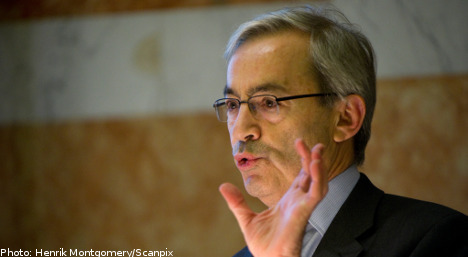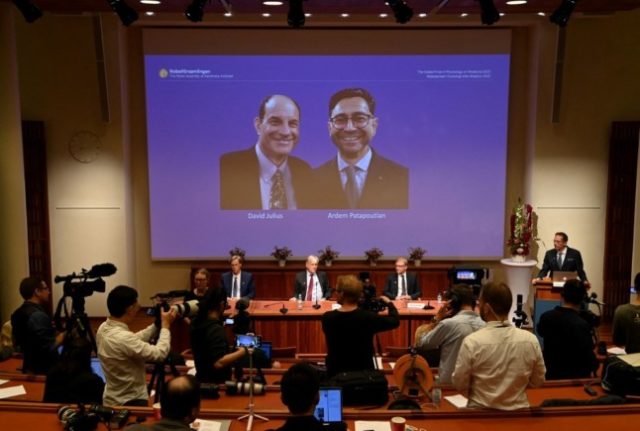“I would strongly advise the governments not to allow long-term unemployment to build up by providing direct subsidised work experiences to unemployed after nine to twelve months of unemployment,” the British-Cypriot economist told AFP on the sidelines of a conference in Stockholm.
“In recession times of course you might extend the period (of unemployment
benefits) a little because there are not enough jobs, but not too much,” the 62-year-old labour market expert said.
“You can extend it up to a year but I would be concerned if it was extended unconditionally beyond the 12 months,” he added.
Pissarides was awarded the 2010 Nobel Economics Prize last month with two
Americans, Peter Diamond and Dale Mortensen, for their work to resolve puzzles
such as why people remained unemployed despite a large number of job openings.
The London School of Economics professor, who on Tuesday was taking part in
a conference on how the global economic crisis has impacted the labour market,
stressed the importance of work experience for landing a job.
But, he insisted, the “work experience should be in real jobs, not in made-up jobs just for the sake of (getting people) out of their home.”
Instead of creating jobs simply for the sake of employing the unemployed, Pissarides suggested that governments for example subsidise jobs usually held
by women on maternity leave.
But if the states go to the trouble of making such meaningful and productive jobs available they need to make sure they are helping people who really want to work, he said.
If people are offered work but turn it down, “it’s like saying: ‘Yes, I’m available for a job but I don’t want it,” he pointed out.
“I don’t think unemployment benefits should be given to those who generally
don’t want jobs. They should be given to people who want a job but can’t find
it,” Pissarides said.



 Please whitelist us to continue reading.
Please whitelist us to continue reading.
Member comments